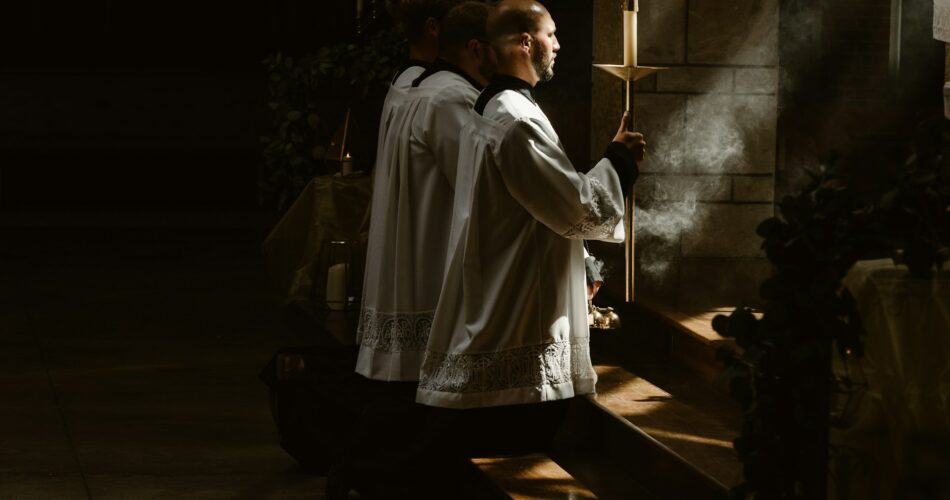They will not be forced to do something they don’t want.
A federal judge in North Dakota has blocked the Biden administration from forcing Catholic employers to provide paid leave for abortions and in-vitro fertilization (IVF) treatments, which contradict Catholic beliefs. Judge Daniel Traynor ruled that the Equal Employment Opportunity Commission (EEOC) cannot enforce parts of the Pregnant Workers Fairness Act and Title VII of the Civil Rights Act of 1964 against the Roman Catholic Diocese of Bismarck and the Catholic Benefits Association. The decision prevents the EEOC from requiring these organizations to accommodate abortion and fertility treatments, which are against Catholic teachings.
The lawsuit arose after the EEOC issued guidelines in 2022 that required employers to provide “reasonable accommodations” for employees who seek or decline abortions. The agency also included procedures like miscarriage, stillbirth, and abortion under pregnancy-related medical conditions that employers must accommodate. The Catholic Diocese of Bismarck, along with the Catholic Benefits Association, challenged these guidelines, arguing that they violated their religious freedoms by forcing them to support practices contrary to their faith.
Judge Traynor sided with the plaintiffs, granting a preliminary injunction that stops the EEOC from enforcing its guidance while the case is litigated. He stated that forcing Catholic organizations to comply with these requirements would violate the Religious Freedom Restoration Act. Traynor emphasized that the ruling safeguards the religious freedom of Catholic employers, preventing the government from forcing them to act against their beliefs.
This ruling follows another similar decision made in June by Judge David Joseph in Louisiana. In that case, the court also prevented the Biden administration from enforcing provisions of the Pregnant Workers Fairness Act related to abortion accommodations against Catholic organizations, including the U.S. Conference of Catholic Bishops. Both rulings highlight the ongoing legal conflicts between religious organizations and government regulations concerning reproductive health accommodations.
